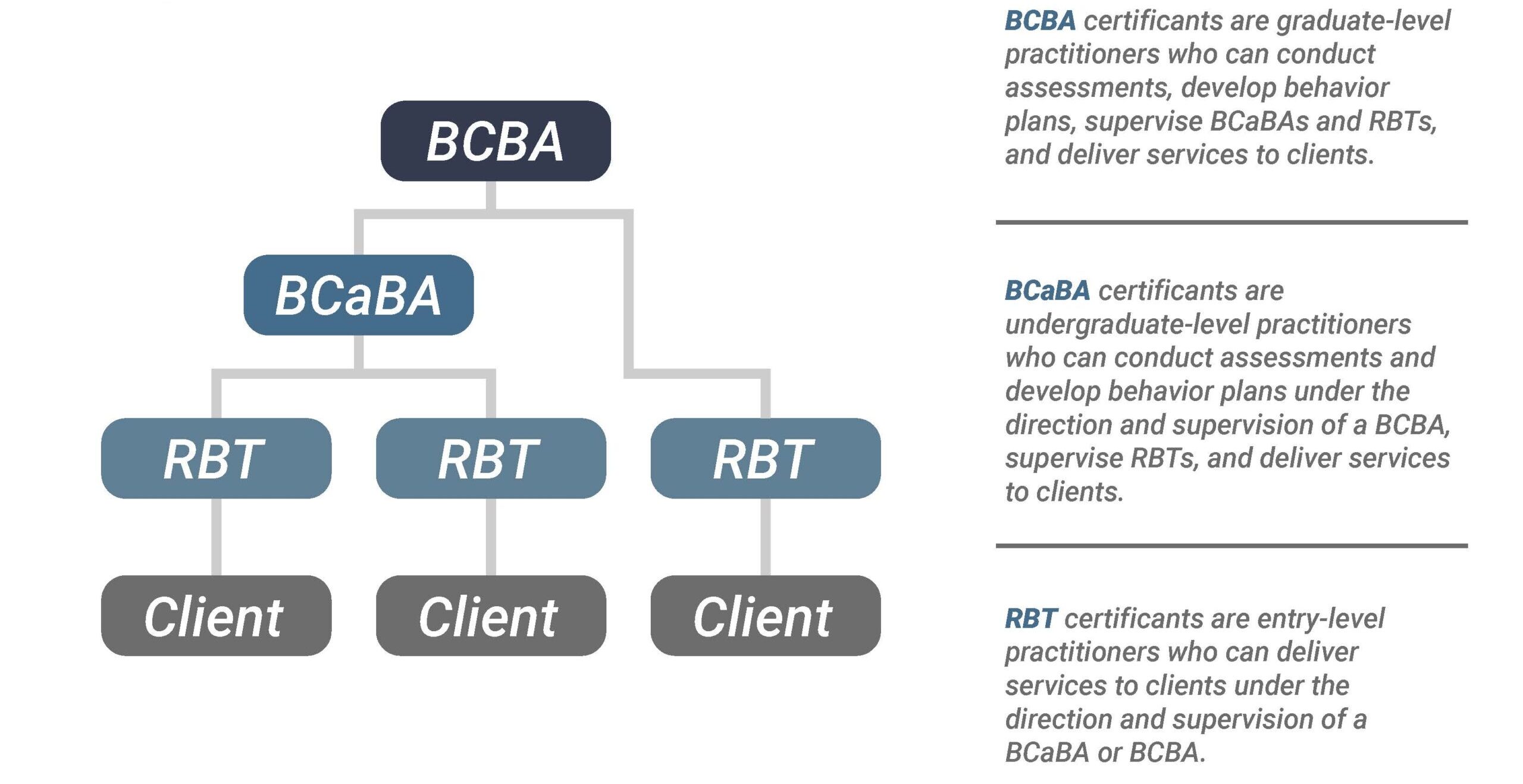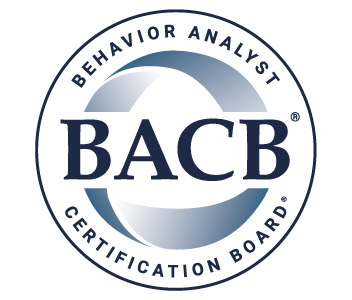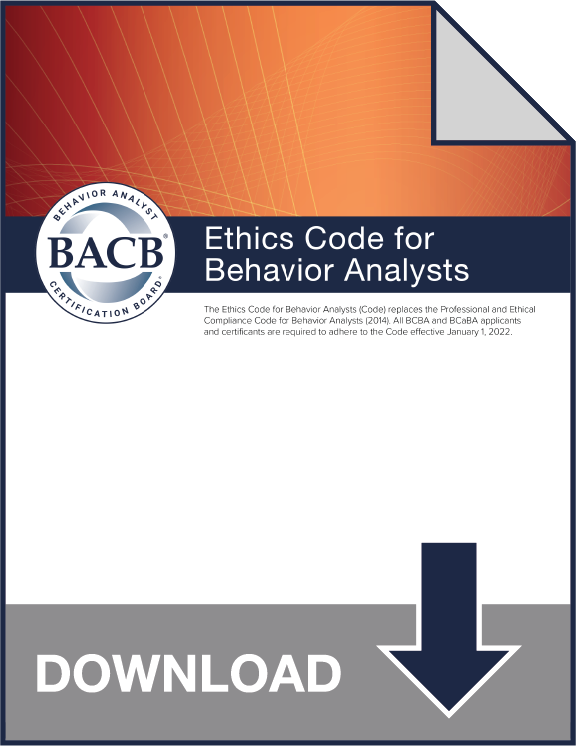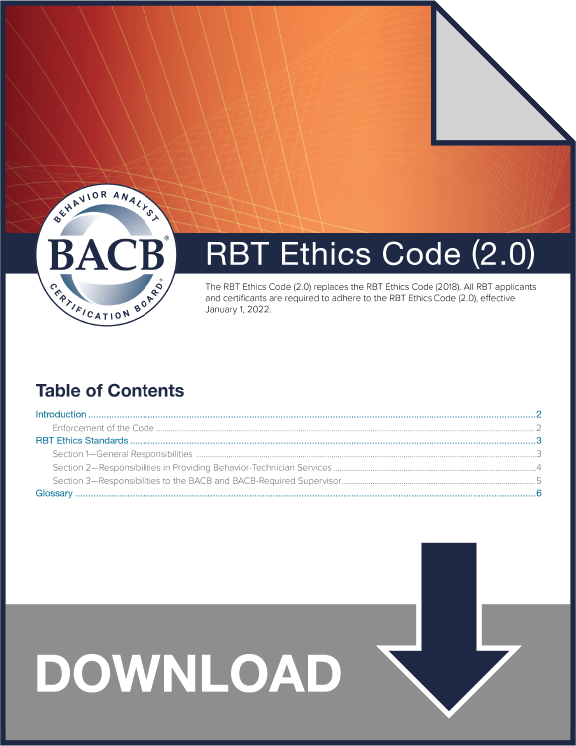On this page, consumers of behavior-analytic services, parents, caregivers, and others can learn everything they need to know about BACB® certification and access essential resources.
About BACB Certification
Why it Matters
For over 20 years, the Behavior Analyst Certification Board® (BACB) has been the leading credentialing organization in behavior analysis. BACB certification is valuable because it:
- makes it easy for you to verify that a practitioner has the knowledge, skills, and abilities needed to deliver and/or oversee behavior-analytic services
- gives you an avenue to report alleged ethics violations
- allows you to see whether a practitioner has been subject to reportable disciplinary actions
- is required for the practice of applied behavior analysis by many funders and licensure boards
How it Works
Video: BACB: An Overview
The BACB offers 3 certifications at different experience levels: Board Certified Behavior Analyst® (BCBA®), Board Certified Assistant Behavior Analyst® (BCaBA®), and Registered Behavior Technician® (RBT®). To obtain and maintain each of these certifications, individuals must meet specialized eligibility requirements, pass an examination, adhere to ethics requirements, and more. Browse the BCBA, BCaBA, and RBT web pages for detailed breakdowns of these requirements.
Here is an example of certificants working together to deliver behavior-analytic services. It is important to note that while each certificant’s roles remain the same, every organization has a unique structure.

Verifying Certificants
See your practitioner’s certification status and whether they have reportable disciplinary actions associated with their certification.
Many, but not all, US states require that behavior analysts are licensed to practice. Find out whether this is true in your state, and if so, verify your practitioner’s licensure status.
Reporting Certificants
All BACB applicants and certificants must adhere to one of the following ethics codes:
The Ethics Code for Behavior Analysts outlines the ethics standards to which BCaBA, BCBA, and BCBA-D certificants and applicants must adhere.
The RBT Ethics Code (2.0) outlines the ethics standards to which RBT certificants and applicants must adhere.
The BACB takes code enforcement seriously. If you think that a BACB applicant or certificant has violated one or more ethics requirements, report it to the BACB by submitting a Notice of Alleged Violation. Review the following FAQs to learn more.
Frequently Asked Questions
If you could potentially solve the issue by speaking with this individual, we encourage you to try that first. If that isn’t an option or doesn’t work, you should talk with someone at the company they work for, like a supervisor. If the issue persists, you can submit a report to the BACB. Get started by reviewing the Reporting to the Ethics Department web page. Use the Considerations for Reporting an Alleged Violation Against an RBT or BCaBA/BCBA document to help guide your decision.
For detailed information about how the BACB processes Notices of Alleged Violation, please see our Code-Enforcement Procedures and the March 2023 Newsletter.
Because the BACB certifies people, not companies, you cannot report a company to us. Your best option is to inform the company of the issue. However, if your complaint is about the behavior of a BACB certificant who owns or works at a company, you can report that individual to us. If the company is accredited by a third-party organization, you can potentially file a complaint through that third party.
Because each report is different, we ask that you refer to the Reporting to the Ethics Department web page. There, you will find information about each type of report, the reporting process, an estimated timeline, and more. Review our Code-Enforcement Procedures to see how everything works on our end.
No. Due to certain limits placed on the BACB’s activity, we are unable to give ethics or legal advice. Read The BACB: What it is, What it Does, and Why to learn more about our organization.
The type of documentation that you need will depend on the nature of the allegation(s) and the documentation you have. Please note that the BACB is not an investigatory body, so we rely on the documentation that you submit when making a determination. Examples include documentation of training or performance feedback, a letter of termination, court documents, texts/emails, documentation of an outcome from a third-party investigation, photos/videos, behavioral assessments, and intervention documents. Eyewitness accounts may also be submitted and should include a notarized affidavit for legitimacy. To protect the confidentiality of consumers, certificants, and applicants, please redact any personal identifiable information (PII) from your documentation before submitting.


